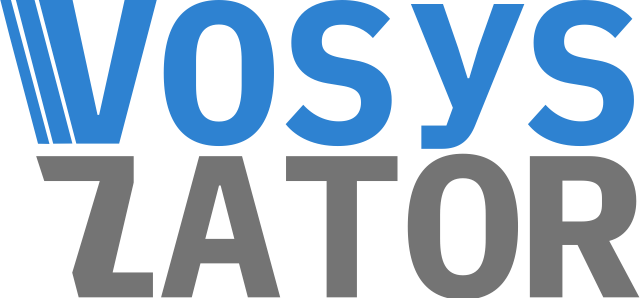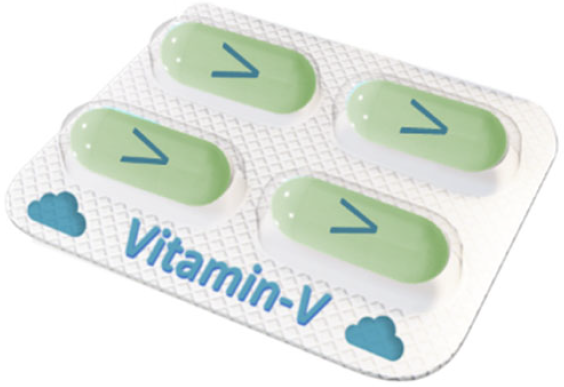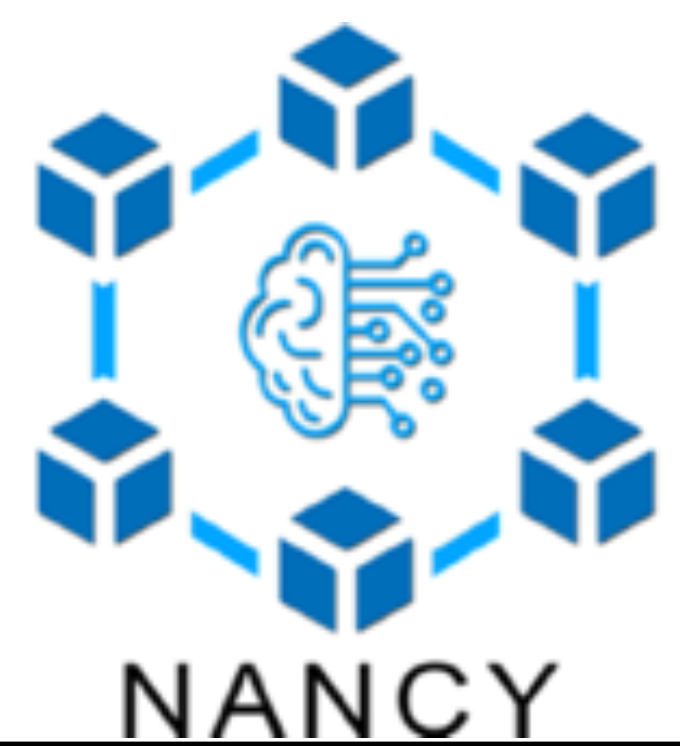Virtual Open Systems Newsletter
In this edition of the Virtual Open Systems newsletter, we highlight relevant news and updates related to research, customers and product activities in the fields of virtualization, mixed-criticality, direct assignment development tools, products and consulting services.
- Research: Big Data innovation projects from Horizon 2020
- Development services: Safety critical development services
- Open source innovation: First release of Virtio-loopback, linux hw abstraction layer
- Product development: VOSySzator embedded system virtualization solution
- Horizon Europe: 3 exciting R&D projects granted
Software products and services for automotive, industrial, IoT systems

Virtual Open Systems Research and Development activities continue in the context of the dEsign enVironmEnt foR Extreme-Scale big data analytics on heterogeneous platforms (EVEREST) H2020 project targeting to develop FPGA virtualization solutions. In a webinar published recently, Virtual Open Systems presents the first results (the virtio based FPGA virtualization solution for Xilinx MPSoC platforms named virtio-fpga), and presents next steps related to SR-IOV Virtual functions management in a HPC/cloud context. The FPGA virtualization webinar is publicly available on the public channel of the EVEREST project, and the VOSyS company website.

Virtual Open Systems experience with safety relevant and certified developments started with development of the company flagship product VOSySmonitor in 2017, which was successfully one of the first virtualization solutions to be certified ASIL-C. Since then, the company safety critical development procedures were continuously used, extended and improved. Today, Virtual Open Systems makes these procedures available for customers who need the development of software extensions to be used in a certified environment in automotive, industrial, IIoT systems. Low level development activities such as operating systems extensions, or porting to new platforms can be developed leveraging the Virtual Open Systems safety development environment.

Virtual Open Systems has been chosen by the Linux Foundation to design and implement a virtio abstraction layer to boost portability and product-readiness of Automotive Grade Linux. Development activity are ongoing and the code is publicly available (with an open source license!) on the Virtual Open Systems gitlab website. The first release includes instructions for testing virtio-loopback both on an Armv8 system and on an x86 machine. A video demo showing virtio-loopback enabling the use of a vhost-user-rng device on a non virtualized systems is also made publicly available.

The system virtualizator VOSySzator, newborn product from Virtual Open Systems, is in continuous development. Virtual Open Systems creates a new seamless solution to make virtualization in embedded devices easy. In the constrained scenarios typical of embedded systems, performance and efficiency are of utmost importance where device pass-through (also known as device attachment) plays a relevant role. With VOSySzator product, Virtual Open Systems provides system engineers and integrators with a solution that highly simplifies the usage of device pass-thorough technology, allowing to run almost unmodified BSP images inside a virtual machine. A virtualized BSP brings important advantages over a bare-metal execution, first of all the possibility to implement fast and bullet-proof OTA solutions and checkpoint mechanisms able to greatly improve the maintenance, upgrading and reliability of the whole system.
Virtual Open Systems will tackle new exciting challenging Horizon Europe research projects starting from January 2023, Vitamin-V, NANCY and AERO:

Vitamin-V targets to deploy a complete hardware-software stack for cloud services based on cutting-edge cloud open-source technologies for the RISC-V cores developed in EPI, leveraging on an innovative RISC-V virtual execution environment. The Virtual Open Systems action will focus on the virtualization and containerization layers of the computing stack that allows running VMs and containers on top of the RISC-V architecture by powering virtualization techniques.

The NANCY project is going to enable personalised, multi-tenant, and perpetual protection wireless networking by developing three complementary technologies for beyond 5G systems, and for which Virtual Open Systems will provide support for the development of the AI virtualizer allowing to intelligently exploit the unutilized or underutilized computational resources using machine learning algorithms:
- A new radio access network (RAN) technologies using blockchain, that will boost the dynamic scalability;
- Machine learning and artificial intelligence algorithms to transform beyond 5G RANs into intelligent platforms;
- Integration of multi-access edge computing (MEC) in order to provide almost-zero latency and high-computational capabilities at the edge.

AERO aims to build an open-source EU processor software ecosystem that encompasses a wide range of software components ranging from operating systems to compilers, runtimes, system software and auxiliary software deployment services for cloud computing. Virtual Open Systems's contribution will be focused on the low level software layer of the Arm-v8 general purpose processor integrated in the project platform. More in particular, the Virtual Open Systems contribution will be delivered via two main axis: extensive open source virtualization support for Arm and RISC-V and security and Safety critical real time support.
- Newsletter 2013 09
- Newsletter 2014 03
- Newsletter 2014 09
- Newsletter 2015 03
- Newsletter 2016 03
- Newsletter 2015 09
- Newsletter 2017 09
- Newsletter 2018 03
- Newsletter 2016 09
- Newsletter 2020 09
- Newsletter 2017 03
- Newsletter 2018 09
- Newsletter 2019 03
- Newsletter 2023 12
- Newsletter 2019 09
- Newsletter 2020 03
- Newsletter 2021 03
- Newsletter 2020 09 jp 日本語
- Newsletter 2022 03
- Newsletter 2021 03 jp 日本語
- Newsletter 2021 09
- Newsletter 2021 09 jp 日本語
- Newsletter 2024 06
- Newsletter 2022 09 jp 日本語

 VOSySofficial
VOSySofficial




